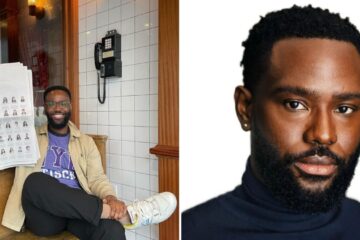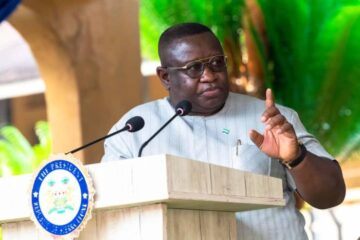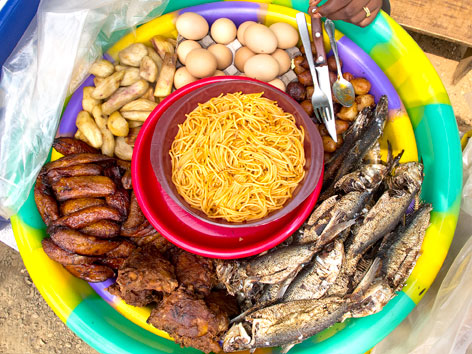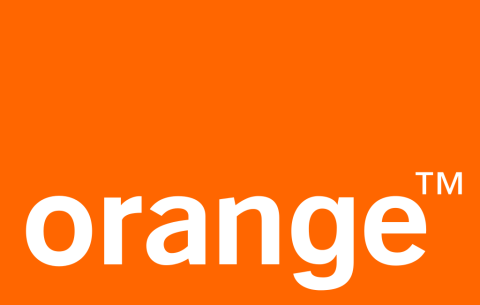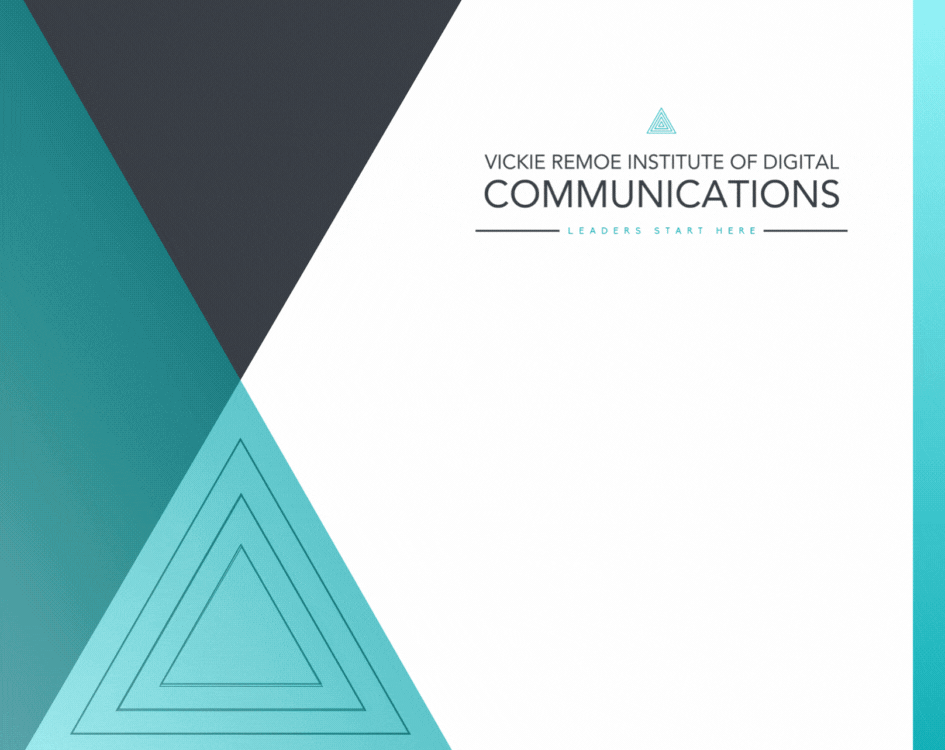Three activists say women’s participation in political parties at the highest level is only way Sierra Leone will achieve gender equality

A decade ago a coalition of women’s organizations lobbied and campaigned to make The Truth and Reconciliation Commission’s recommendation for a minimum Thirty Percent Quota for Women in Government law.
The demand for gender quotas in Sierra Leone derives its legitimacy from the provi-sions of the Truth and Reconciliation Commission, TRC, which recommend 30 percent representation for women in elected assemblies, cabinets and other political posts, to increase to 50/50 gender parity within the next 10 years. Further, international declara-tions also state the obligation of the state to take action: The CEDAW Convention from 1979, which was signed by Sierra Leone, states that “State Parties shall take all appropriate measures to eliminate discrimination against women in political and public life of the country” (Art. 7). The UN Beijing Platform for Action from 1995, signed by the governments of the world, states that governments should commit themselves to “Take measures, including, where appropriate, in electoral systems that encourage political parties to integrate women in elective and non-elective public positions in the same proportion and at the same levels as men” (FWCW 1995: Art.190b). The protocol to the African Charter on Human and Peoples’ rights on the rights of Women in Africa from July 2003 states that “States Parties shall take specific positive action to promote participative governance and the equal participation of women in the political life of their countries through affirmative action” (Art.9) – Introducing Gender Quotas in Sierra Leone.
The women’s movement drew support both locally and internationally but Sierra Leone still has not implemented the TRC Recommendation for gender inclusion. There is no quota for women, in fact, there are fewer women in the legislative body than there was a decade ago.
What happened to the Thirty Percent Quota for Women? On this International Women’s Day, three civic leaders reflect on their roles in the fight for inclusion and gender equality in public and political life and share their tips for making the next national elections one that produces more women in government and national development.
Leave a reply
You must be logged in to post a comment.






